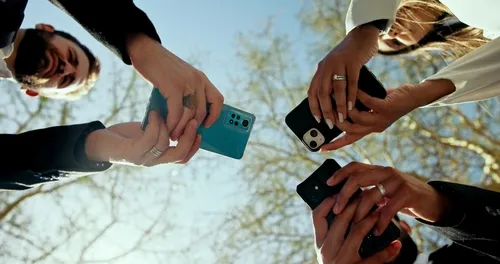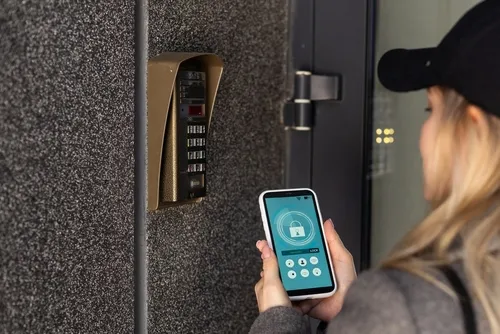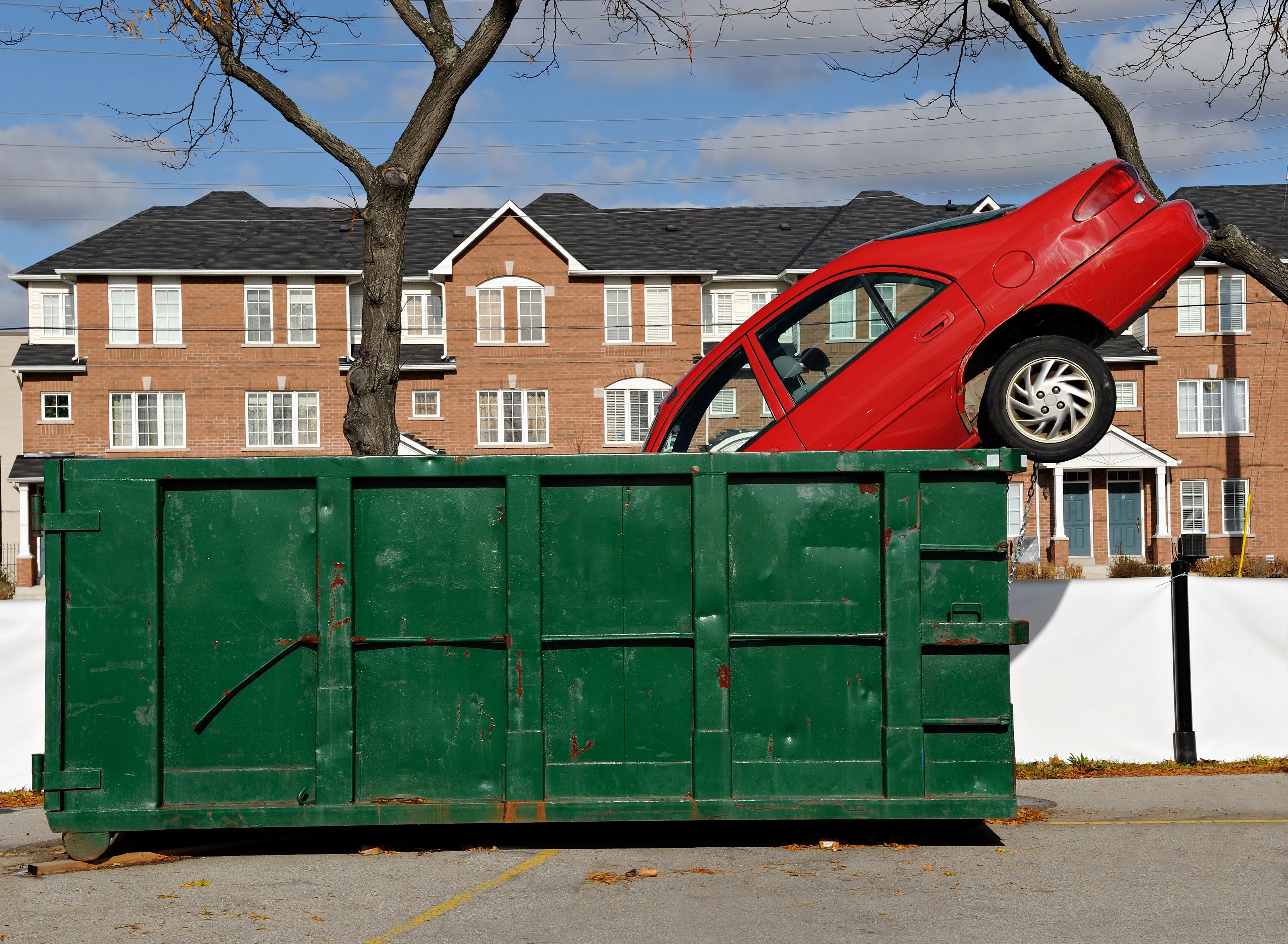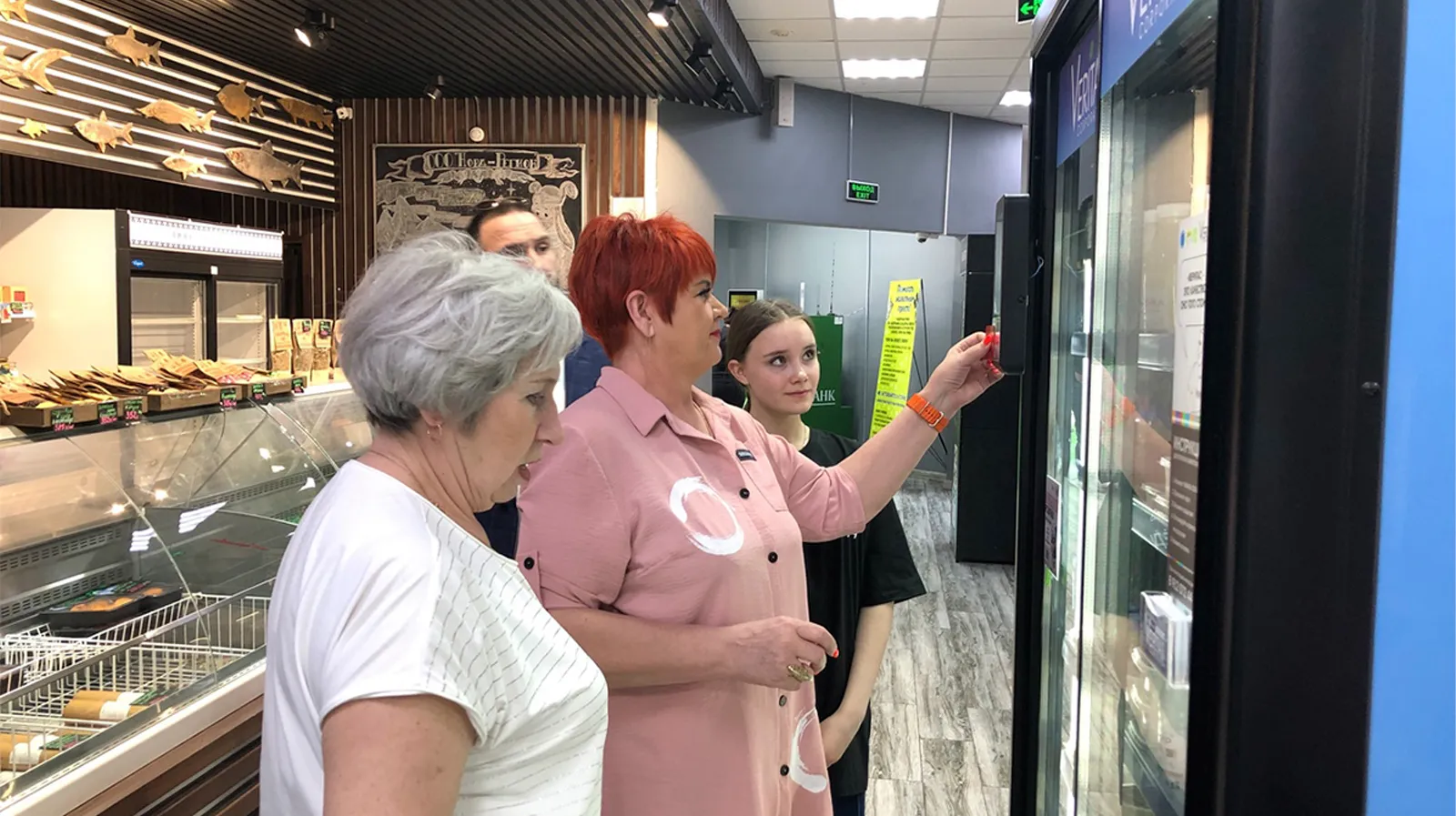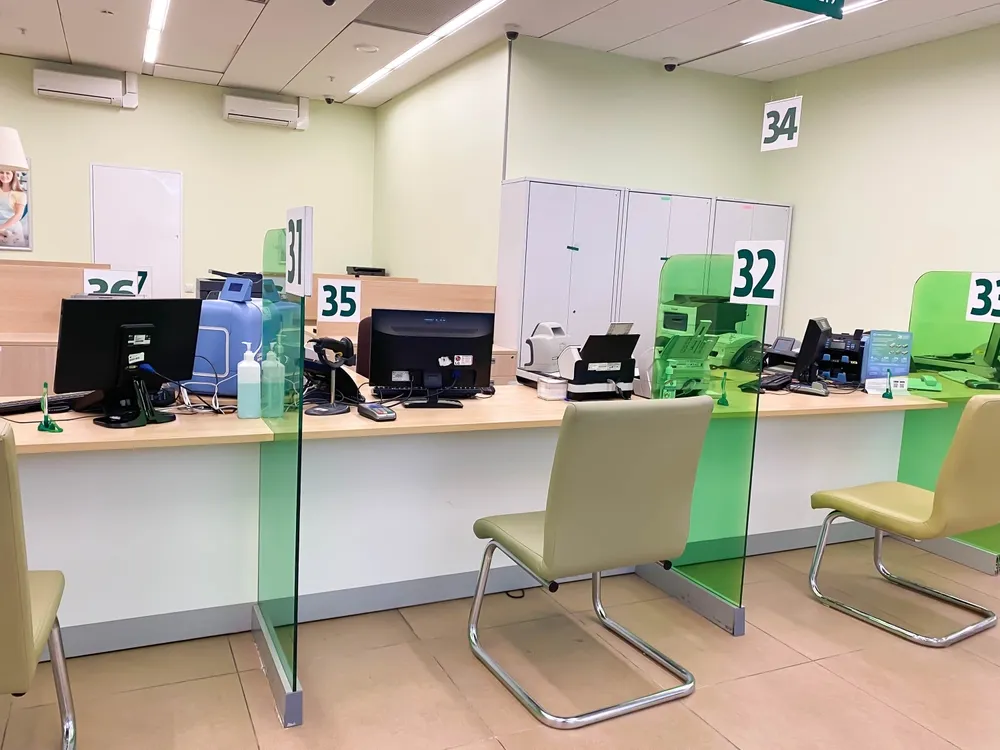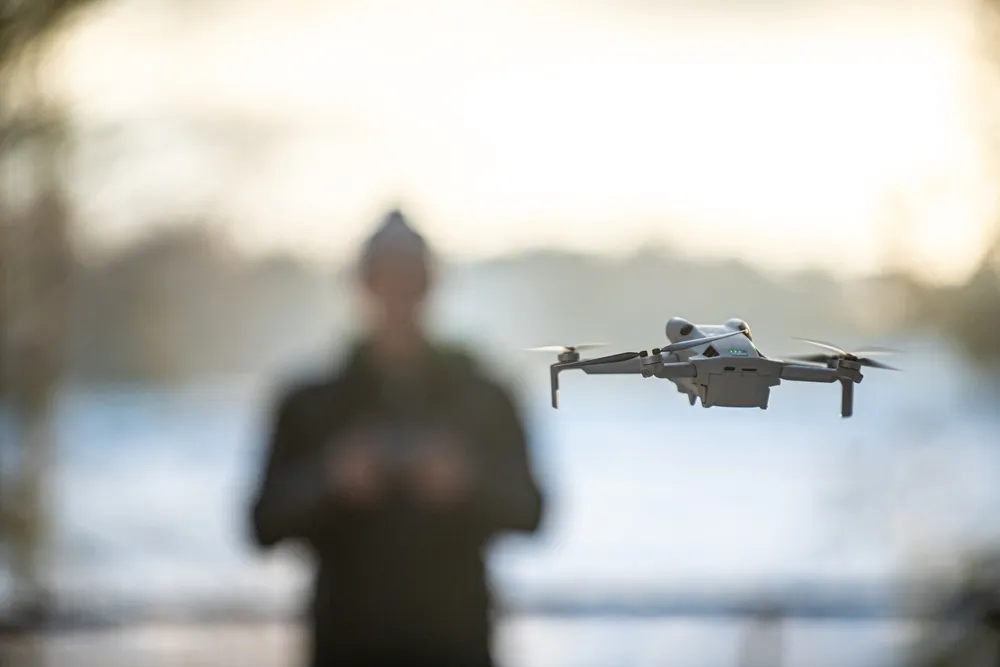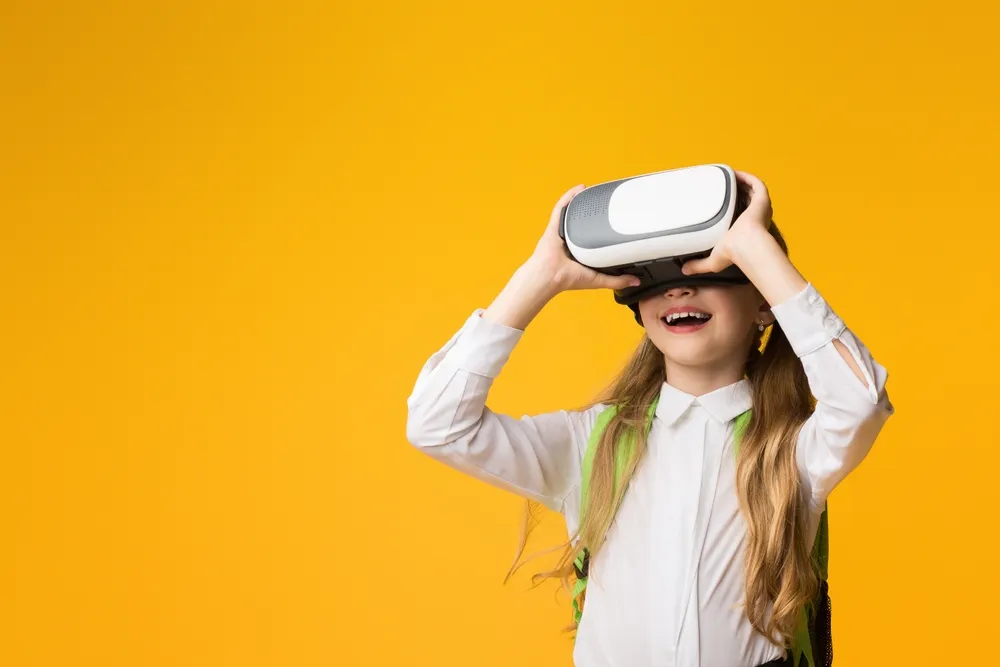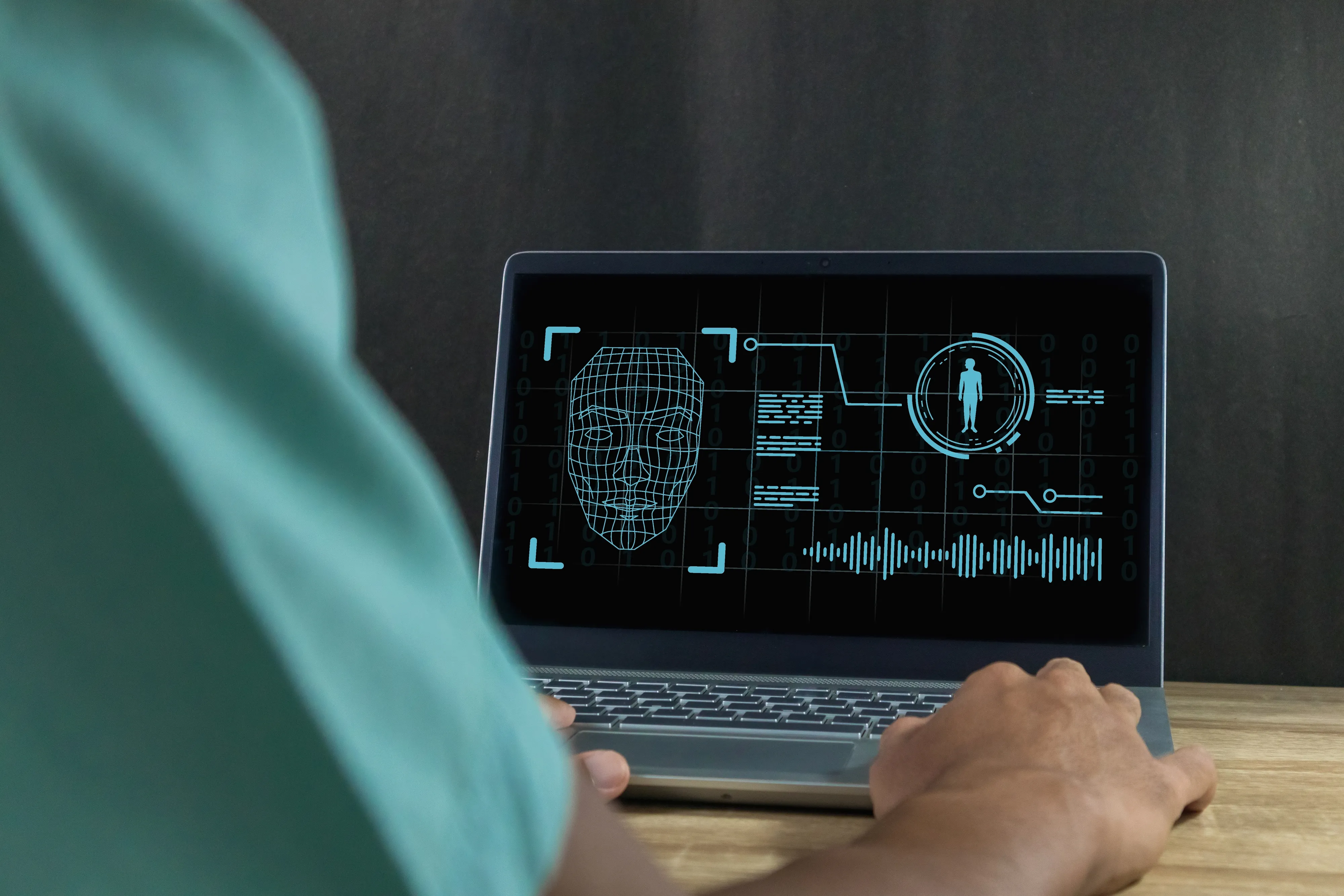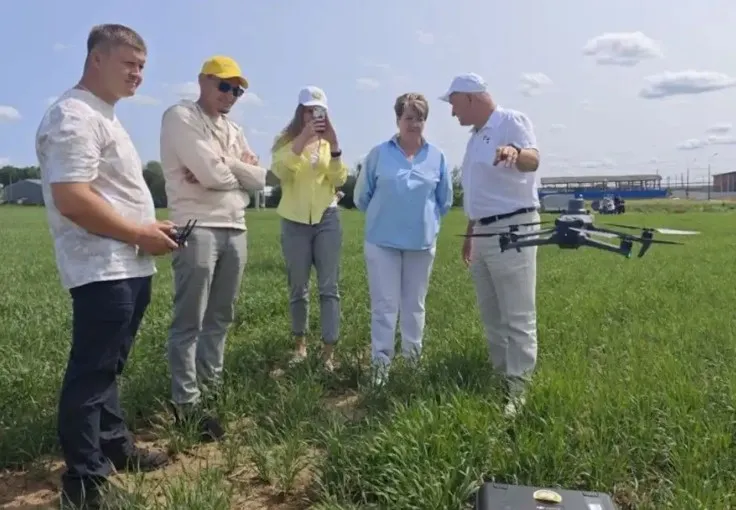Russia’s Smart-Age Homes: Voice-Controlled and AI-Monitored for the Elderly and Disabled

In Tatarstan, pioneering caretaking meets cutting-edge tech as smart wards emerge to redefine care for vulnerable adults.
Imagine a senior living facility that adjusts lighting, blinds, and appliances with just a voice command—and alerts caregivers the moment someone falls. That’s the future Russia is rolling out in its next-gen “smart wards,” beginning with a cutting-edge residential care facility being built in Tatarstan.
The two-story, 8,620 m² building will house 120 residents and includes a dedicated quarantine admission wing, dining halls, administrative offices, and medical units. But it’s the tech inside the living quarters that steals the spotlight: voice-activated controls let residents manage lighting, electronics, and window shades—empowering mobility-impaired seniors and disabled individuals to navigate their rooms with autonomy.
These smart wards don’t just stop at convenience. The facility has embedded AI-enabled monitoring systems that detect falls and immediately notify caregivers or family members. It’s early-stage eldercare reimagined for a more responsive, dignified experience.
Why Tech Meets Care
Russia is increasingly weaving modern technologies into elderly and disability support—from intelligent cameras for fall detection to remote monitoring that assures safety without compromising independence. In smart wards, care and comfort converge: a plumbing delay could mean a darkened room, but here a simple verbal cue is enough to brighten it up.
“Smart infrastructure in residency isn’t luxury,” states Adel Mubarakshin, Deputy Minister of Labor, Employment, and Social Protection in Tatarstan. “It’s essential for dignified living and reducing caregiver burden.”
AI as a Life-Saver
Consider a scenario: a senior slips in their room late at night. The AI interprets the change in posture and lack of movement—triggers an alert instantaneously. Help is on the way before anyone even presses a button. It’s autonomy fortified by vigilance.
This technology-forward approach could revolutionize elder care—not just in specialized homes, but also for seniors aging in place. For thousands of Russians, especially those in remote or less serviced regions, the blend of smart tech with compassionate infrastructure may be a game changer.
In a world where aging and mobility challenges often mean relinquishing independence, smart wards are a bold push for dignity. And in Tatarstan’s pilot home, voice-activated comfort isn’t sci-fi—it’s tomorrow’s reality.



